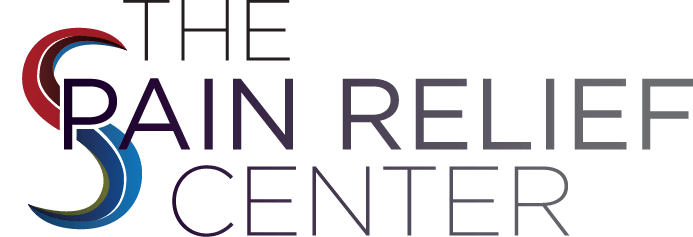FOOT PAIN
Home » Conditions » Foot Pain
CENTERS & INSTITUTES
Why Do My Feet Hurt When I Wake Up?
If you’re an athlete or if you’ve spent the majority of your adult life working on your feet, you may have noticed that the bottoms of your feet hurt in the morning. The pain seems to decrease when you’re wearing shoes, and you may not feel the pain while you’re running or engaging in exercise.
For the average athlete, this sensation can be alarming. Pain at the bottom of your feet after long periods of rest–such as sleeping overnight or sitting at a desk for several hours, is a classic symptom of plantar fasciitis. These symptoms can also point to Achilles tendonitis.
The exact location of the pain in the bottom of your feet will help to determine which you may be experiencing.
What is Plantar Fasciitis?
The plantar fascia is a thick band of tissue along the bottom of the foot. This helps to support the arch of the foot. If you place too much tension or stress on the plantar fascia, it can tear. Repetitive stretching and tearing of the facia will cause inflammation and irritation. This will result in the pain you feel in the bottom of your foot when you wake up in the morning.
If you have plantar fasciitis, your pain will be localized in your heel area or in the arch of your foot. Early in the injury, you’ll only notice the pain when you put weight on the plantar fascia after a period of rest. As the injury progresses and worsens, the pain will persist even after you’ve been up and around for several hours.
What Causes Plantar Fasciitis?
Plantar fasciitis can occur for any number of reasons, including:
- Age
- Exercise
- Foot mechanics
- Obesity
- Work occupations
Treatment for Plantar Fasciitis
What is Achilles Tendinitis?
If you’ve tried to treat your feet for plantar fasciitis and still find yourself asking “Why do my feet hurt when I wake up?”, Achilles tendonitis could present similar symptoms.
The Achilles tendon is the most powerful tendon in the human body. It connects the backs of your calf muscles to your heel bone, enabling the movement in the ankle.
Achilles tendinitis is an overuse injury of this tendon and is most common in runners who have suddenly increased the intensity or duration of his or her runs. It’s also common in middle-aged people who play sports regularly.
What Causes Achilles Tendinitis?
- Sex
- Age
- Medical conditions
- Medications
- Physical determinants such as flat feet, obesity, or overly-tight calf muscles
- Training choices such as running in shoes with little to no support, running in harsh weather conditions or in hilly terrains
Treatment for Achilles Tendinitis
Plano Foot Pain Doctor
If you find yourself asking, “Why do my feet hurt when I wake up?”, you’re probably suffering from the early stages of an injury. Persistent foot pain typically means that your injury may be getting worse. Seeing a foot pain doctor early on is the best way to ensure your foot pain doesn’t affect your life in the long-term.
If you have an acute or chronic foot pain that needs medical attention, or if you’re wondering “why do my feet hurt when I wake up?”, call The Pain Relief Center at 214-709-1904 to arrange a consultation.
More Conditions
- Achilles Tendinitis
- Allergies
- Arthritis
- Back Pain & Low Back Pain
- Bulging Disc
- Car Accident Injuries
- Carpal Tunnel Syndrome
- Cervicogenic Headache
- Chronic Pain
- Cluster Headache
- Degenerative Disc Disease
- Fibromyalgia
- Foot Pain
- Interstitial Cystitis
- Joint Pain
- Knee Pain
- Low Estrogen
- Neck Pain
- Occipital Neuralgia
- Osteoarthritis
- Osteoporosis
- Piriformis Syndrome
- Plantar Fasciitis
- Reflex Sympathetic Dystrophy (RSD)
- Rheumatoid Arthritis
- Rotator Cuff Tear
- Sacroiliitis Pain
- Sciatica
- Scoliosis
- Shingles
- Shoulder Pain
- Spinal Pain
- Spinal Stenosis
- Tension Headache
- Thoracic Pain
- TMJ
- Trigeminal Neuralgia
TAKE ACTION
The most critical step on the path to recovery is finding a pain management doctor who can address your pain management needs successfully. The Pain Relief Center and its five specialized institutes are dedicated to meeting any and all of a patient’s needs. Located in the Dallas-Fort Worth area, Dr. Rodriguez and his friendly staff will help you along the path to recovery.
Our new center in Dallas is part of a nationwide development by Pain Relief Centers, geared to providing individualized and comprehensive healing and pain management services with unprecedented levels of compassion, care, and comfort for each patient.
